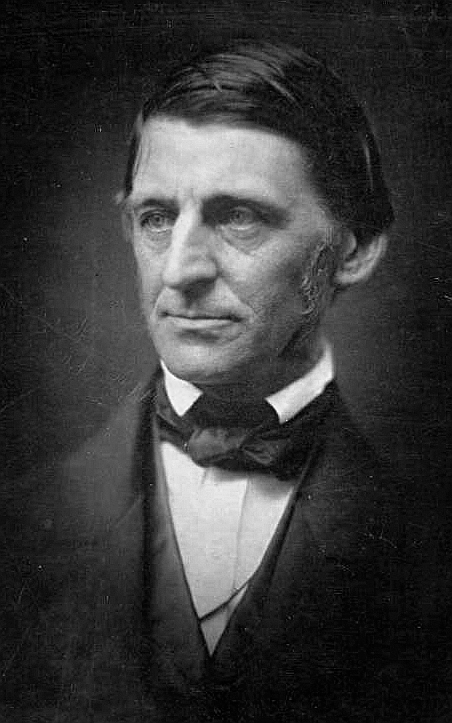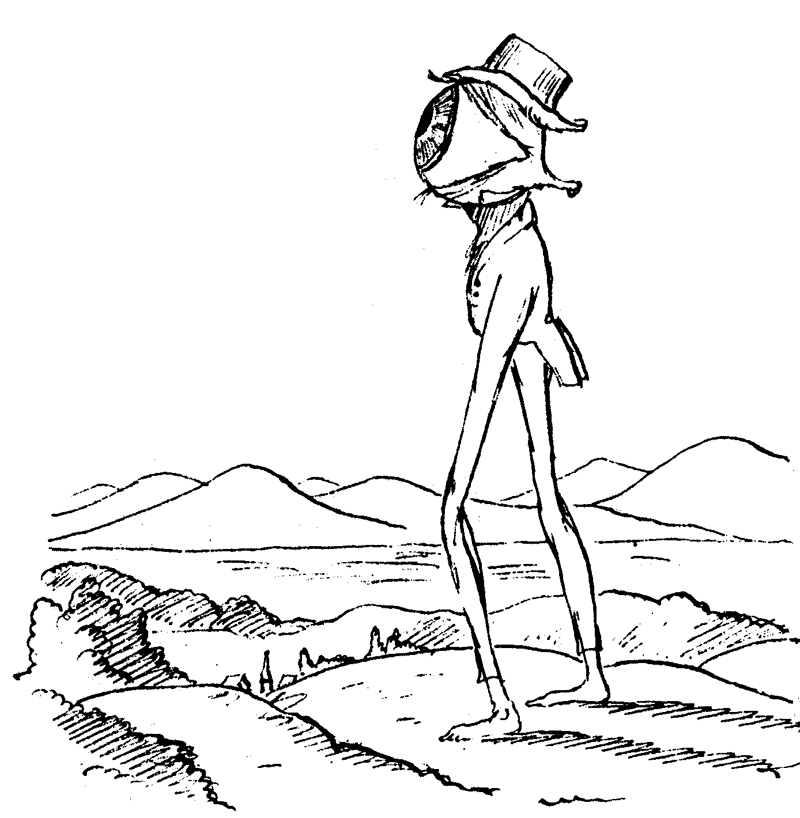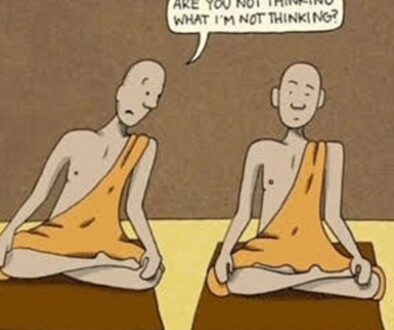MOVIE & TEXT POST: Ralph Waldo Emerson: American Mystic, American Master (55m)
On a hot summer day in the very early 1970s, I was wandering around a tiny branch of the public library when I stumbled upon Walden, a book by an author I’d never heard of, Henry David Thoreau. Little did I know that my life would be forever changed by what I found in its pages. Thoreau was my first philosopher-hero and he, chiefly through that book, introduced me to a whole new way of thinking and seeing. I have carried his message in my heart and mind for four decades, and think about him quite often.
Forty years after Walden, I finally read the amazing work of Thoreau’s close friend and benefactor, Ralph Waldo Emerson, and it, too, changed my life for what I can report is certainly “the better,” but which feels to me like “the best.” The book was Emerson: Essays and Lectures in the wholly wonderful Library of America collection, which includes four Emerson titles. I was deeply moved by the first long essay I read, “Nature,” because suddenly I could consciously understand what, due to the previous absence of clarity here, I had unconsciously resonated with in Thoreau’s work so many years before.
Both men were authors of a deeply known, thoroughly Americanized brand of nondual philosophy. Each had been mightily influenced by both the ancient Hindu texts and the bountiful wisdom of Classical Greece. There’s no doubt in my mind that each experienced a spiritual awakening. Emerson even described his (see below).
With Emerson at the head of the table, for a golden era that bridged antebellum America, the Civil War and the turn of the twentieth century, Oneness consciously expressed itself through a relatively small, but hugely influential movement known as American Transcendentalism. Luminaries in that group included Walt Whitman, Margaret Fuller, Frederic Henry Hedge, Amos Bronson Alcott (Louisa May Alcott’s father) and John Muir. The famous novelists, Nathaniel Hawthorne and Herman Melville, are often grouped with them as well.
I am humiliated to confess that I actively bumped up against Emerson’s work for forty years without deigning to read it. Thanks to my own ignorance, laziness, and hubris, I committed the heinous sin of establishing contempt prior to investigation. When I finally broke down and read his essay series, “Nature,” a couple of years ago, I immediately recognized that it, like all of Emerson’s work turned out to be, was a direct expression of Oneness arising through the heart and mind of an extraordinary human being.
When I read his “Self-Reliance,” it gave me the courage to come out and openly declare what was really going on in this teaching. I had been quite reluctant to share the truth, but with that inspiration I did so. “I’m waking up people like crazy, really quickly–and I’m using a method to do it. Day after day after day.”
This was sacrilege in the tight little circle we think of as “Nonduality,” and I caught a lot of slings and arrows for simply relating the truth of my everyday experience. People scoffed. I actually lost friends over it, because they what I had done: they established contempt prior to investigation. But I have never backed down from my position, because I knew then what I know now: The Living Method of Awakening has the potential to turn our approach to enlightenment on its head.
At any rate, thank you, Mr. Emerson. My hat is off to you, and I apologize for having been an idiot. I owe you a lot. With that in mind, I’d like to offer up this free, 55 minute film on Emerson’s life and work. The people in it are great lovers of Emerson, and have done much to introduce him to a 21st century audience. I’m delighted to be able to share their enthusiasm, and mine. Welcome to an American Original.
From Wikipedia:
Ralph Waldo Emerson (May 25, 1803 – April 27, 1882) was an American essayist, lecturer, and poet, who led the Transcendentalist movement of the mid-19th century. He was seen as a champion of individualism and a prescient critic of the countervailing pressures of society, and he disseminated his thoughts through dozens of published essays and more than 1,500 public lectures across the United States.
He remains among the linchpins of the American romantic movement, and his work has greatly influenced the thinkers, writers and poets that have followed him. When asked to sum up his work, he said his central doctrine was “the infinitude of the private man.”
~
Brahma
by
Ralph Waldo Emerson
.
If the red slayer think he slays,
Or if the slain think he is slain,
They know not well the subtle ways
I keep, and pass, and turn again.
Far or forgot to me is near;
Shadow and sunlight are the same;
The vanished gods to me appear;
And one to me are shame and fame.
They reckon ill who leave me out;
When me they fly, I am the wings;
I am the doubter and the doubt;
And I the hymn the Brahmin sings.
The strong gods pine for my abode,
And pine in vain the sacred Seven,
But thou, meek lover of the good!
Find me, and turn thy back on heaven.
~
.
.
Emerson said of his awakening that he became a “giant, transparent eyeball.”
Newspapers poked fun.
We know better.
Click the link to watch the movie.






April 13, 2015 @ 9:04 pm
Thank you, Fred! That was a beautiful little film. And educational for me, as I knew next to nothing about the transcendentalists. I, too, had a certain contempt before investigation, a dismissive attitude toward American philosophers. As they say, a prophet is not without honor save in his own country! But Emerson was truly a gifted visionary. I love his account of his awakening, recognizing himself as God’s vision – of him and through him.
All love,
Kathleen
April 13, 2015 @ 9:26 pm
Hey, Kathleen! I’m glad you enjoyed it. Love, 🙂
September 14, 2016 @ 8:21 am
Me too.